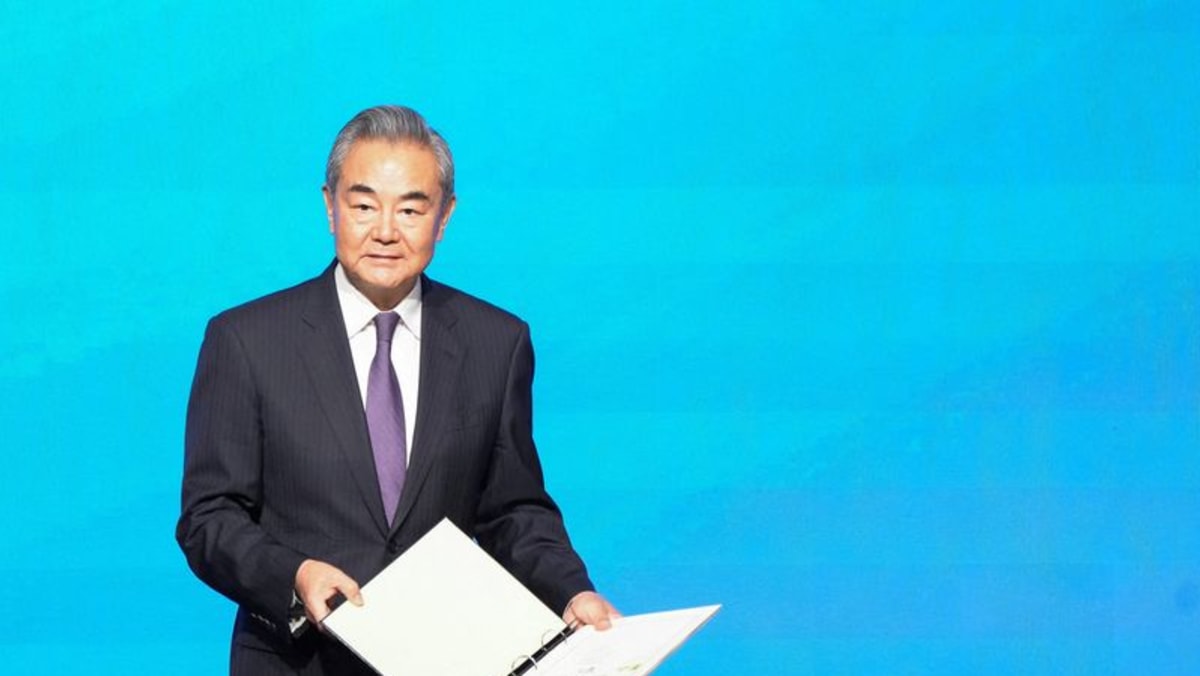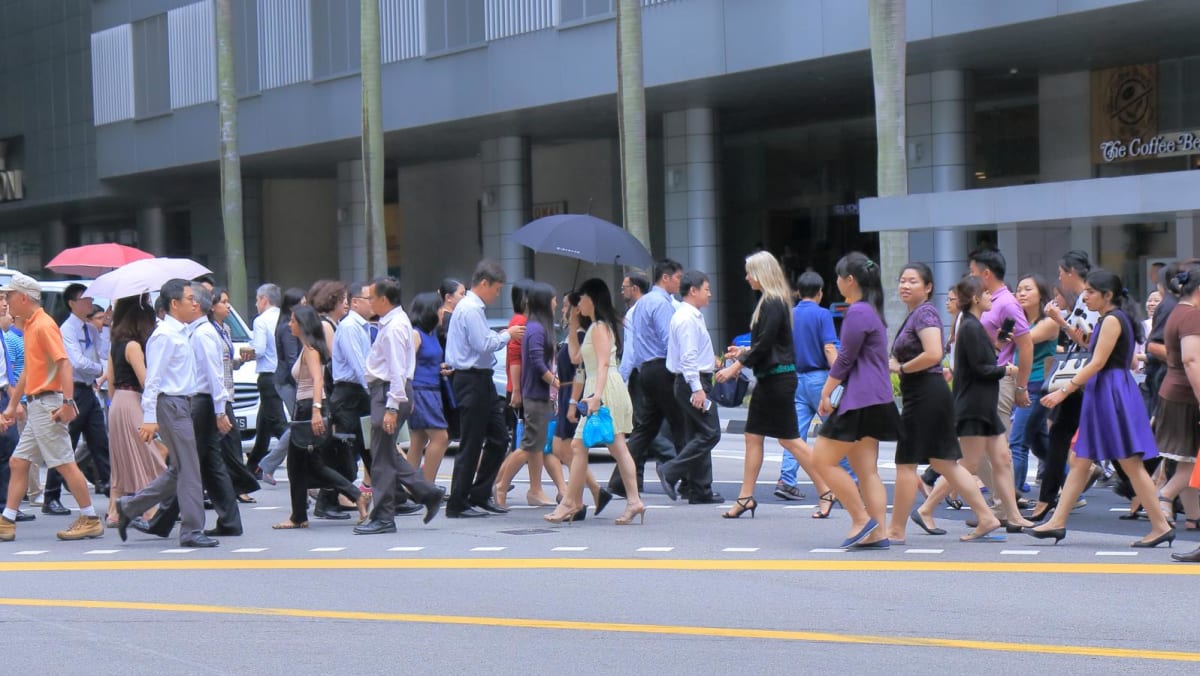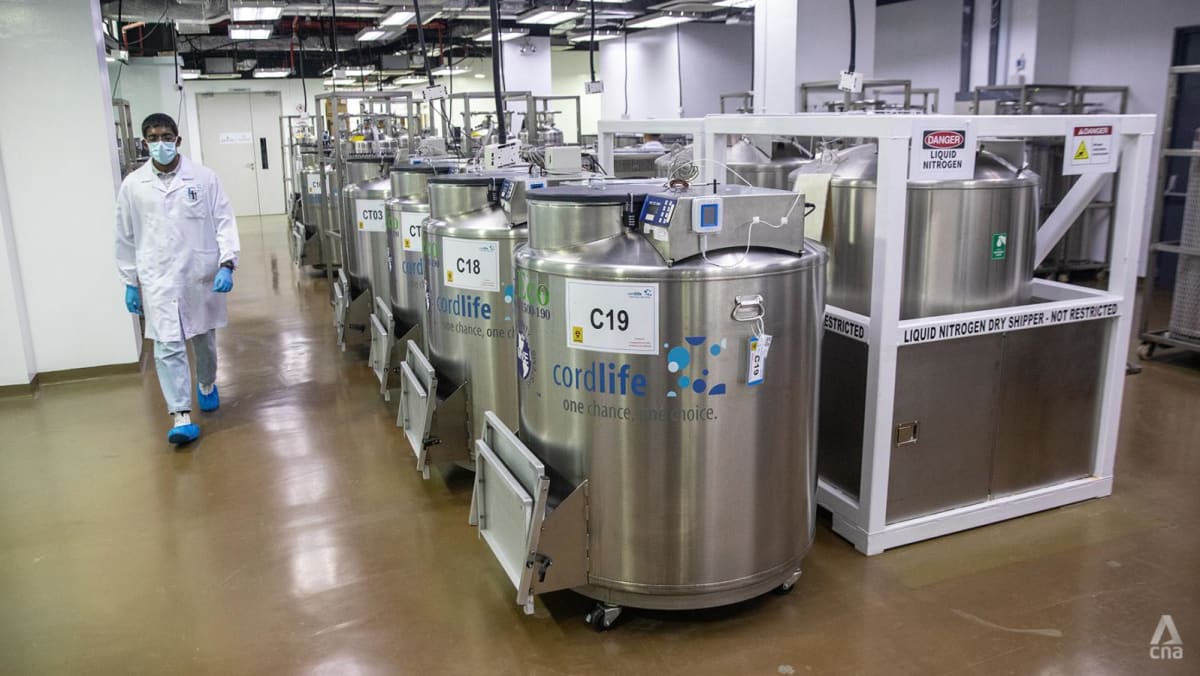SINGAPORE: After recovering from a bout of sickness, Alicia returned to the office – only to come into contact with a colleague who had contracted COVID-19.
After spending just a few hours together, Alicia fell sick again.
She believed it was “highly likely” that she had caught something from the colleague; she ultimately tested positive for COVID-19 and went on to take four days of sick leave.
Alicia, who is in her 30s and declined to share her last name, said her company allows those with COVID-19 to work from home or take sick leave, without the need for a medical certificate.
Her colleague, however, had not tested for the respiratory disease and went to work as she was feeling better. Besides, there was no “hard rule” about staying away from the office.
This seems to be the new norm in Singapore, where COVID-19 is now considered endemic, and despite periodic surges of cases.
In the week of Apr 27 to May 3, for instance, the estimated number of COVID-19 cases rose to 14,200, up from 11,100 the previous week.
The Ministry of Health’s Communicable Diseases Agency (CDA) said there was no indication that the variants circulating are more transmissible or cause more severe disease compared to previous ones.
The Ministry of Manpower (MOM) lifted all safe management measures back in February 2023. Employees are not required to wear masks or test for COVID-19 before entering the workplace.
However, employers may choose which measures they wish to retain, based on business continuity or workplace health and safety reasons, according to MOM’s website.
LIKE A COMMON COLD
Employees CNA spoke to said it appeared that COVID-19 was no longer viewed as a serious threat in their workplaces.
They requested to be referred to by their first names only, as they did not want to be identified by their employers.
Jasmine, who works in the transport industry, said employees at her company are “strongly encouraged” to stay at home and isolate if they are unwell.
Although she took sick leave when she contracted COVID-19 about a week ago, she observed that some colleagues still show up at the office when they have flu symptoms, and without wearing a mask.
“Being penalised for not reporting back to work – I think that’s something that people may have perceived, even though they won’t,” said the 50-year-old.
“But in any case, COVID is also now being treated as a common flu.”
David, who works in finance, caught a bug from his workplace during the COVID-19 wave in May, with almost a third of colleagues on his office floor falling sick then.
Although he highly suspected it was COVID-19, he did not test for it.
“I felt better … and it was just very troublesome to go out and get a test kit. And then, so what if it is COVID, right?” said the 28-year-old, adding that he too sees it as “synonymous with the flu”.
His company has a fully work-from-office arrangement, and those who are unwell can take sick leave without a medical certificate for up to three days.
Some workers felt that more relaxed attitudes towards the infectious disease have led to inconveniences.
One employee, who requested anonymity, told CNA that companies should still enforce safety measures. He said an outbreak in his office last year infected half of his colleagues.
At that time, COVID-19 was already considered endemic. As such, there were no tests required before they returned to work, leading to the spread, he said.
Most of the employees were also given only three days of sick leave prior, he added.
He protected himself by wearing a mask. “That’s about it,” he said.













